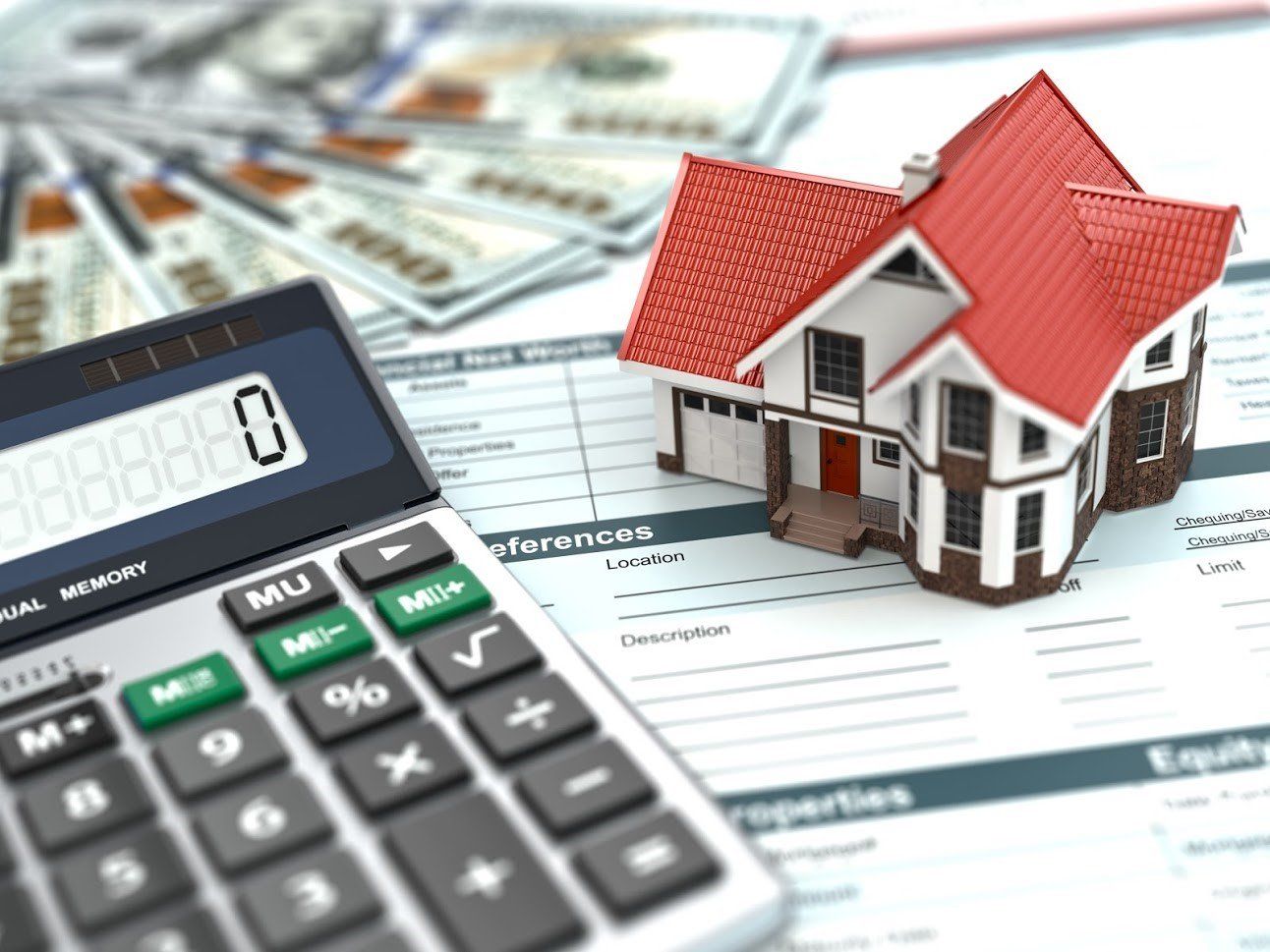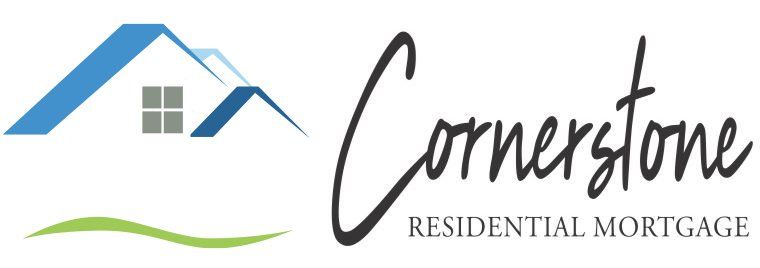Ways to Qualify for a Larger Home Mortgage
- By Admin
- •
- 26 Feb, 2020

How large a home mortgage you're able to qualify is based on multiple factors, several of which you have control over. If you want to take out a larger home loan than what you're currently able to get, here are some steps you can take.
Increase Your Household Income
How much you earn in income directly impacts how much you're able to borrow via a mortgage because your income affects your ability to repay the loan. You'll be able to borrow more and get a larger mortgage if you increase your household income. There are many ways to increase your household income:
- Get a promotion or raise at your primary job
- Work overtime hours at your primary job
- Pick up a second, part-time job
- Start a side business
- Have a stay-at-home spouse get a job
An increase in your income won't, however, instantly qualify you for a larger mortgage. In order to make sure that your income increase isn't a one-time fluke, most lenders usually ask for two years of income history. You'll probably have to sustain this additional income for two years before you can include it in your mortgage application.
Save Up for a Larger Down Payment
If you don't have much saved up for a down payment, you can likely get a bigger mortgage if you wait until you have more to put down at closing. Specifically, you'll qualify for a larger mortgage if you can make a 20 percent down payment at the time of purchase.
When lenders base your mortgage amount on your income, they consider all of the costs associated with your mortgage. In addition to the basic monthly payment, this also includes private mortgage insurance (PMI). PMI is a form of insurance that helps protect the lender's financial investment if you fail to pay your mortgage, and the premium is paid by the homebuyer.
If you have to pay PMI, the amount that you pay for the insurance each month will be subtracted from what can go toward your mortgage's balance and interest every month — and the total amount of your mortgage will be reduced as a result.
As an example, assume your income allows you to pay $900 toward a mortgage and all associated every month. If you have to pay a monthly PMI premium of $100, you'll only have $800 to put toward your mortgage and the loan will be based on that monthly payment. If you don't need to pay a monthly $100 PMI bill, your loan will be based on the full $900.
Lenders commonly require homebuyers who put less than 20 percent down at closing to pay for PMI. If can save up a 20 percent down payment, you won't have to worry about this expense and can get a larger mortgage as a result.
Stop Using Credit Cards
If you want to secure the largest mortgage that you possibly can, you should avoid using credit cards in the months before and when you apply for a home loan. Even if you pay off your credit card balance each month, simply using credit cards at all could limit how big a mortgage you can be approved for.
One of the factors that lenders consider when they set mortgage amounts is the homebuyer's debt-to-income ratio. This ratio shows how much of your monthly income goes toward debt payments, and it is calculated by dividing your monthly debt payments by your income for a month.
Every loan program has a maximum debt-to-income ratio that it'll allow, and all your debts are calculated together in this equation. This includes your mortgage debt (after you purchase a house), credit card payments, and other debts.
If you stop using credit cards for a while, they won't eat into your allowed debt-to-income ratio and you'll have more available for a mortgage payment. As a result, you'll be able to borrow more through your home loan.
If you need a mortgage, contact Cornerstone Residential Mortgage.



